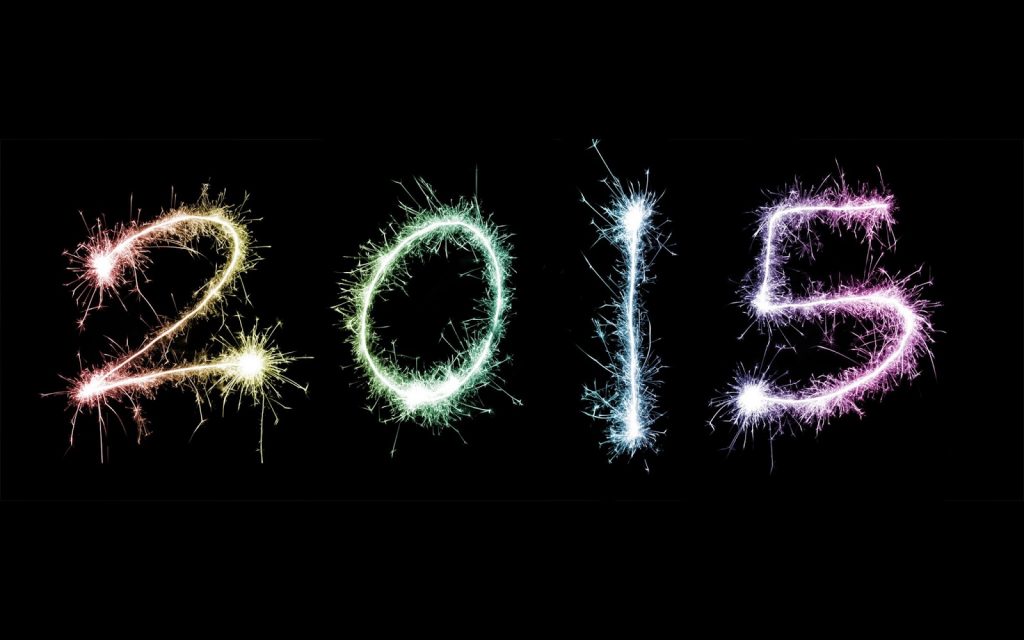Reading 2015: Part I
 Having abandoned the bad faith of making New Year’s
Having abandoned the bad faith of making New Year’s
Resolutions, I am determined in 2015 to pursue three priorities:
CHINA
CULTURAL WORK IN
NEW ORLEANS
RESEARCH, THINKING,
AND WRITING
The trio demands specialized kinds of reading. 2014
produced increased awareness of Cosmic Evil, of the international insanity that
Cosmic Evil makes its primary work, and of the domestic insanity in European
genocide, rape, and dispersal of indigenous peoples that is the origin of what
is now called the United States of America. Using the bodies of Africans as
objects of commerce is a nasty feature of American history; nastier still is
the complicity of certain Africans, educated by an Arab slave trade, in
supporting demeaning trafficking with human lives. The vulgar outcome is that
Americans in 2014 are enslaved by custom, rancid ideologies, criminal passions,
Darwinian penchants, and law.
America’s history
is stamped SNAFU. Its contemporary chapters are written by people of no-color. They
are fully aware that theirs is a dying race in the global scheme of things. Inspired
by Cosmic Evil, they work feverishly to lay the groundwork of World War III and
the near-total end of human and animal life on this planet and the dawn of
post-whatever everything. People of no-color may indeed succeed with generous
help from a minority of Islamic extremists and other
beings who dance the militarized police foxtrot. One
must be prepared for anything.
I have not abandoned hope that the story can end
differently, but I have profound reservations about the efficacy of hope as an
abstraction. Some narcotics are not worth ingesting.
The reading plan for the first months of 2015 includes re-reading
W. Keorapetse Kgositsile’s essay “I Know My Name” [The Black Position, No. 3 (1973): 60-69]; Paulo Freire’s Pedagogy of the Oppressed; Henry
Giroux’s Border Crossings: Cultural Workers and the Politics of Education; Shakespeare’s Titus Andronicus; Antony Easthope’s Literary Into Cultural Studies; Friedrich Nietzsche’s The Birth of Tragedy; Richard Wright’s The Color Curtain; Lucien Goldmann’s The Human Sciences and Philosophy; Origins of Terrorism,
edited by Walter Reich; Karl R. Popper’s
The Open Society and Its Enemies; Aimé
Césaire’s Return to My Native Land; and
Floyd W. Hayes’s “The Paradox of the Ethical Criminal in Richard Wright’s Novel
The Outsider: A Philosophical
Investigation,” Black Renaissance Noire
13.1 (2013): 162-171.
Such revisiting, as it were, of old friends will
strengthen me to grapple with such works as the Dao De Jing; In the Wake of Hurricane Katrina: New Paradigms and Social Visions (2010), edited by Clyde Woods; Thomas Brothers’s Louis Armstrong’s New Orleans (2006); and Black Gold: An Anthology of Black Poetry (2014), edited by Ja A.
Jahannes.
All of this is reading to
inform my writing of READING RACE READING
AMERICA: SOCIAL AND LITERARY ESSAYS, a book I may finish and publish before
my burial. Wish me luck.